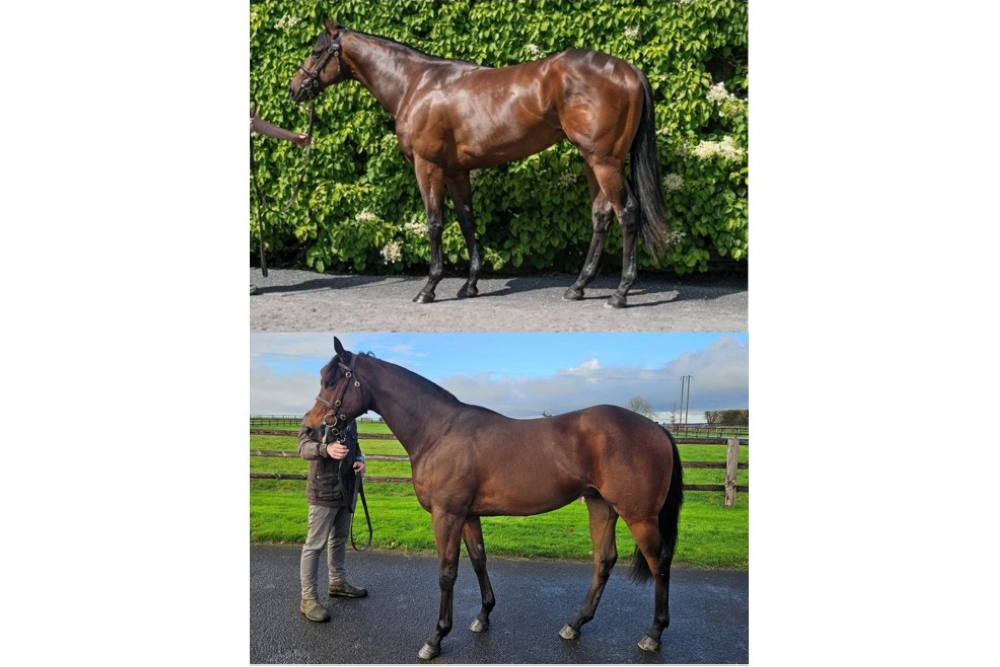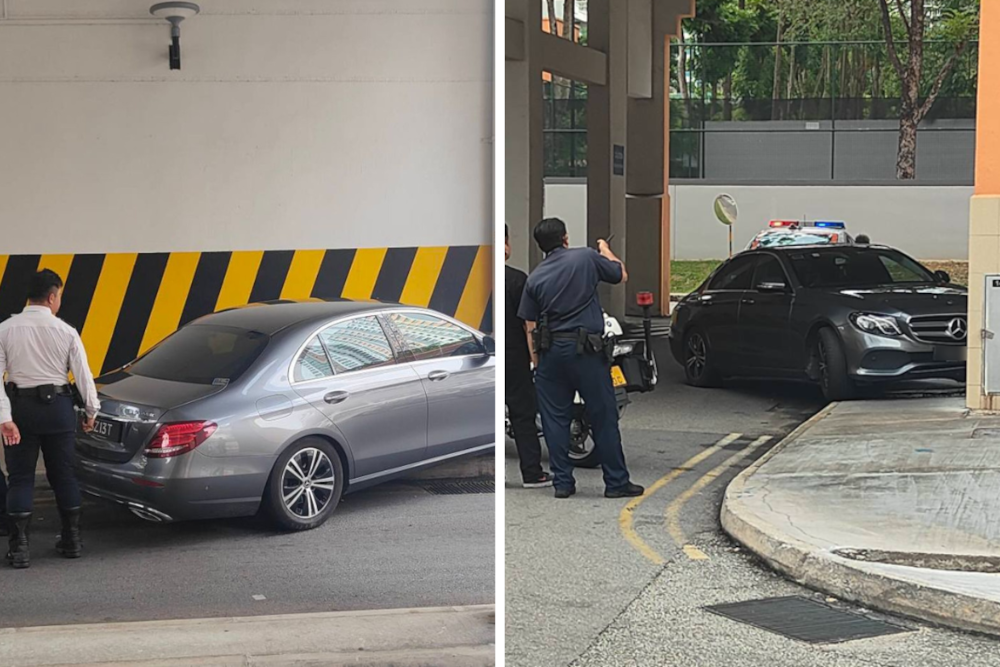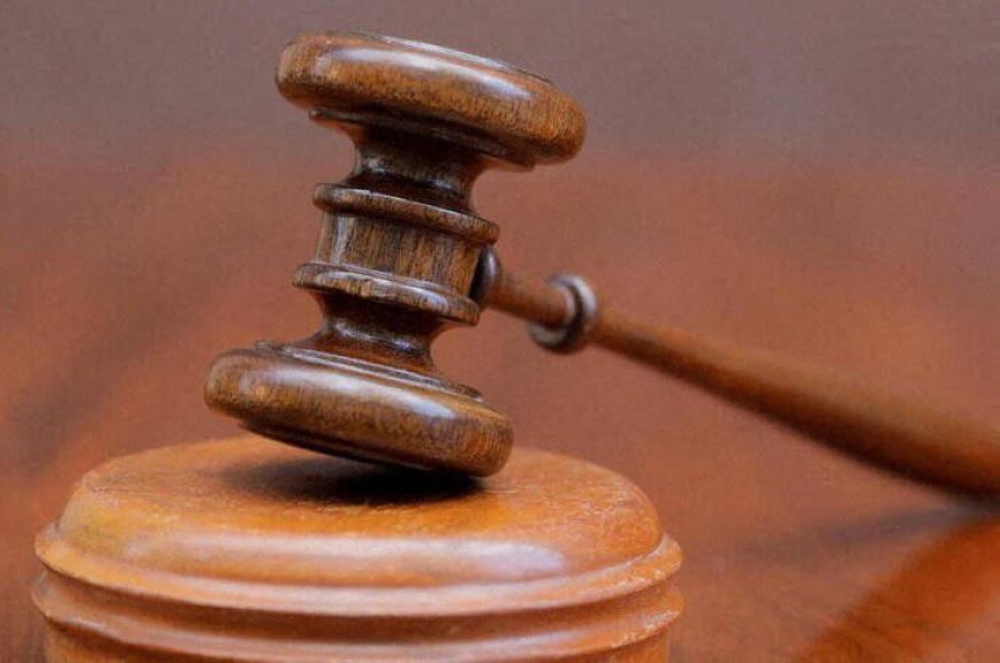KOTA KINABALU, Aug 30 — As the state struggles to rein in the Covid-19 virus and an overload on its healthcare system, doctors in Sabah say that the worst is yet to come, and predict that daily case numbers may double and peak in three more weeks.
Dr Liew Houng Bang, a consultant cardiologist at Queen Elizabeth Hospital II here, said that looking at the current trend, the percentage of caseload increase week to week since mid July had been so exponential that the surge it had predicted was expected to worsen, and sooner than expected.
“The current 3,000 per day on average lately is not alarming on its own but in context Sabah’s cases are higher than the national daily incidence at 82 cases per 100,000 population, compared to the Malaysia’s 69 case per 100,000,” he said at a webinar here organised by Sabah Disaster Preparedness Association last Saturday.
The state has been recording unprecedented numbers to that of 20,983 Covid cases last week, 25 per cent more than the previous week, and nearly five times more than it had in the third week of July which was 4,497 cases.
“I hope I’m wrong but the percentage of rise, which varies from 29 per cent up to 50 per cent week by week... (looking at this trend), a conservative estimate projecting a 25 per cent increase per week in the next few weeks, by mid September we are looking at 6,000 cases per day on average,” Dr Liew said.
That will mean the state will double its current cumulative cases to some 260,000 cases a day by mid September, about four months earlier than predicted by national forecasts.
Dr Liew said that numbers were alarming as the hospitals were already at capacity, and Sabah also had a higher ICU admittance rate compared to the national average, partly due to the state’s low vaccination rate.
Consultant paediatrician Datuk Dr Amar Singh, who was also a speaker in the webinar, said that the state’s situation was dire, with the real picture of the epidemic not being presented as data collection was wanting, a lack of testing, backlogs in recording cases, and hospitals at overcapacity.
He said Sabah’s test positivity was very high at 27 per cent on August 26, which means one in four people tested was positive for Covid-19, against the national average of 15 per cent. The World Health Organisation says it should be less than five per cent.
“This is horrendous, this means the epidemic in Sabah is underestimated, and needs to test more to monitor the situation better to get a better idea of the situation,” he said.
“Cases now exceed last year’s peak crisis and hospitalisation has gone past capacity. Hospitals are struggling to cope. The numbers we have do not take into account patients who should be in ICUs, but are being managed in emergency departments and quarantine centres.” said Dr Amar.
He said that even without official data given, Sabah’s hospitals were likely under-equipped to handle the number of Covid-19 patients.
“In Perak, for every four people who need an ICU bed, only one gets it. That’s the same situation in Klang Valley and I expect that Sabah is facing a similar situation,” he said, adding that category four and five patients usually require ICU beds.
Both doctors said that while vaccinating people as fast as possible was key, it was not enough to bring numbers down.
“The target is to vaccinate 80 per cent of the adult population by the first week of October. So you have at least eight weeks of struggle ahead where it will just rise and rise,” said Dr Amar.
To mitigate the effects of the epidemic, Dr Amar said that the state has to advocate for more vaccines and fast, set up field hospitals with ICUs, push for more testing, and advocate for better ventilators.
“It is unacceptable that Sabah is the lowest vaccinated state and the poorest supplied state, we should appeal and advocate more and push more vaccines to Sabah, which is the worst among the six lowest states,” he said.
He said it was time to consider looking at wealthy corporations and individuals to shoulder the costs of better healthcare, as relying on the federal government is not enough.
As of yesterday, Sabah has fully vaccinated some 37 per cent of its adult population while another 56.3 per cent have received one dose. The state has ramped up its vaccination drive in the last month but after hitting a supply snag, has been falling beneath its 50,000 jabs a day target.
Sabah has been pulling up second, after Selangor in terms of most number of daily new Covid-19 cases by states and is third overall, after Selangor and Klang Valley for the total number of cases.
Sabah was the national hotspot for Covid-19 last year following its snap poll, hitting a record high of 1,199 cases in November but then recovered and hovered around manageable three digit numbers before a spike in mid July.



















